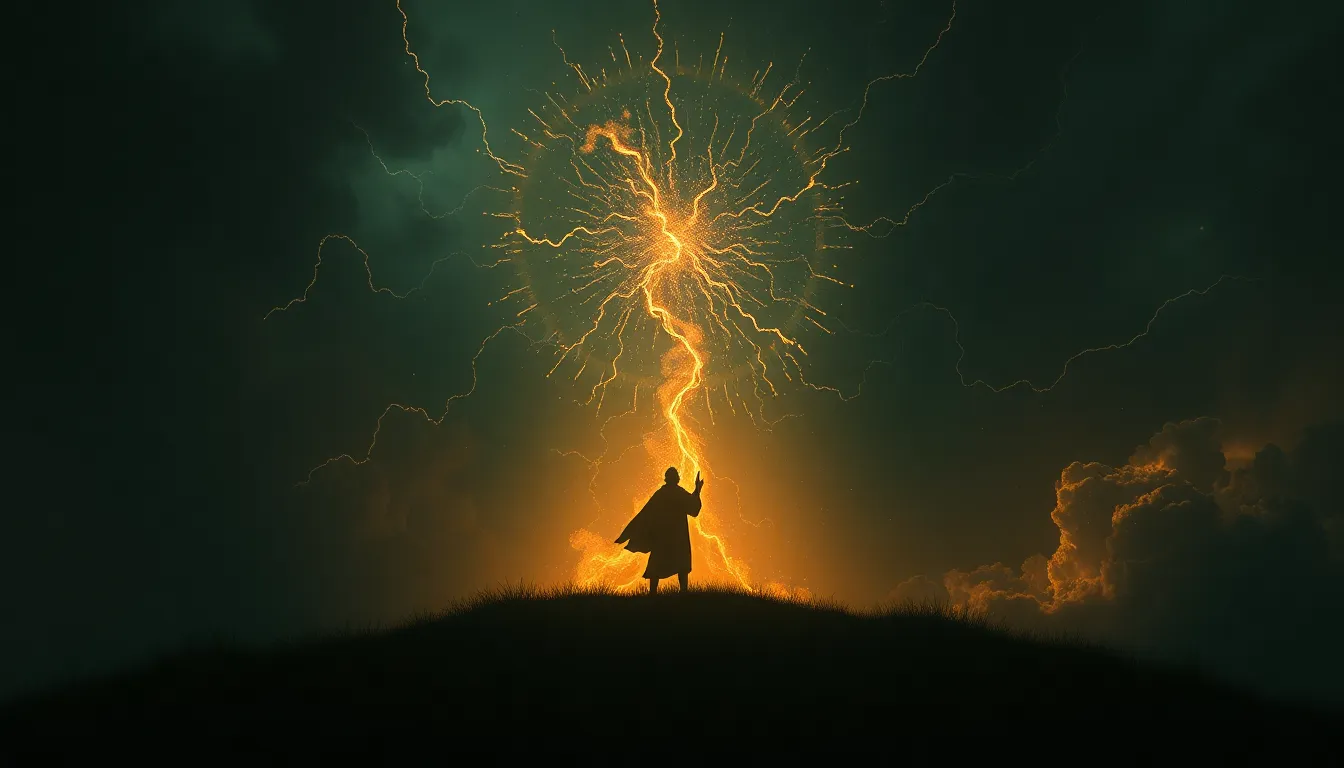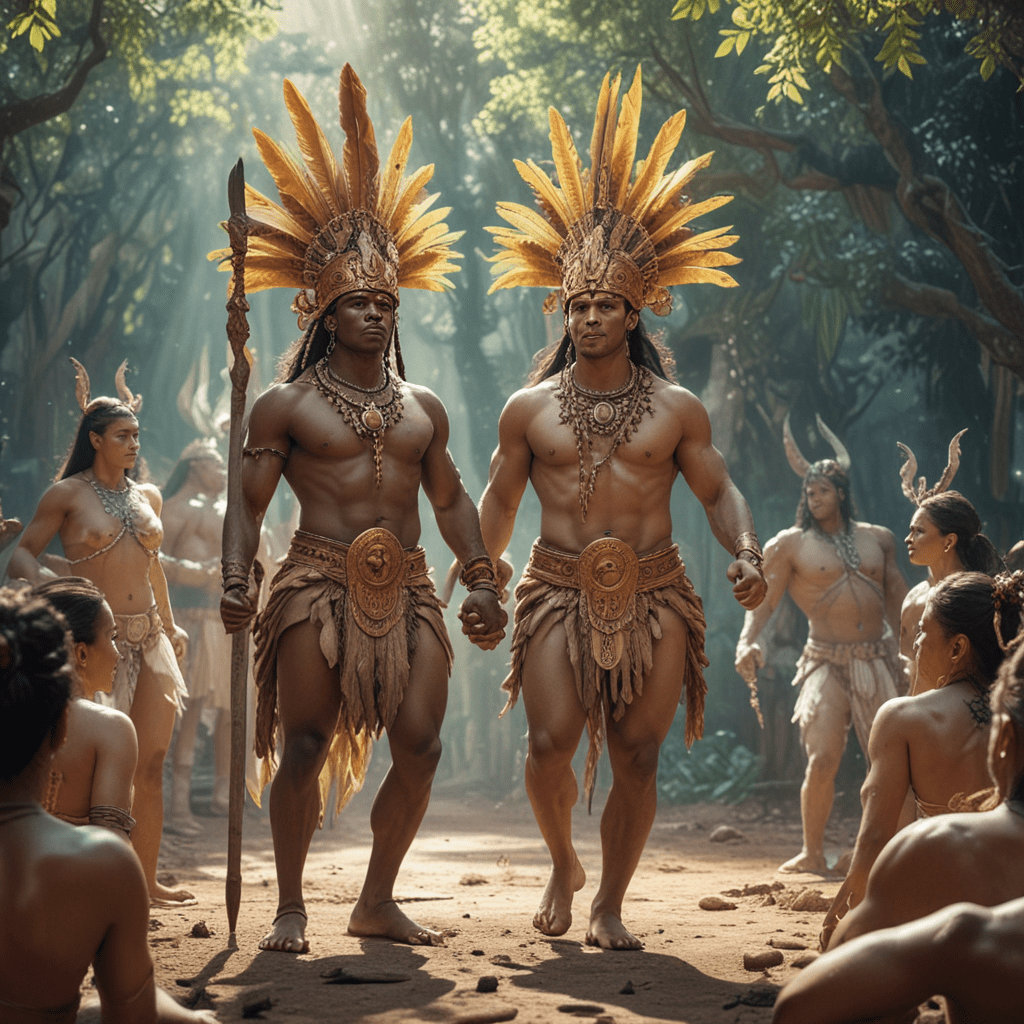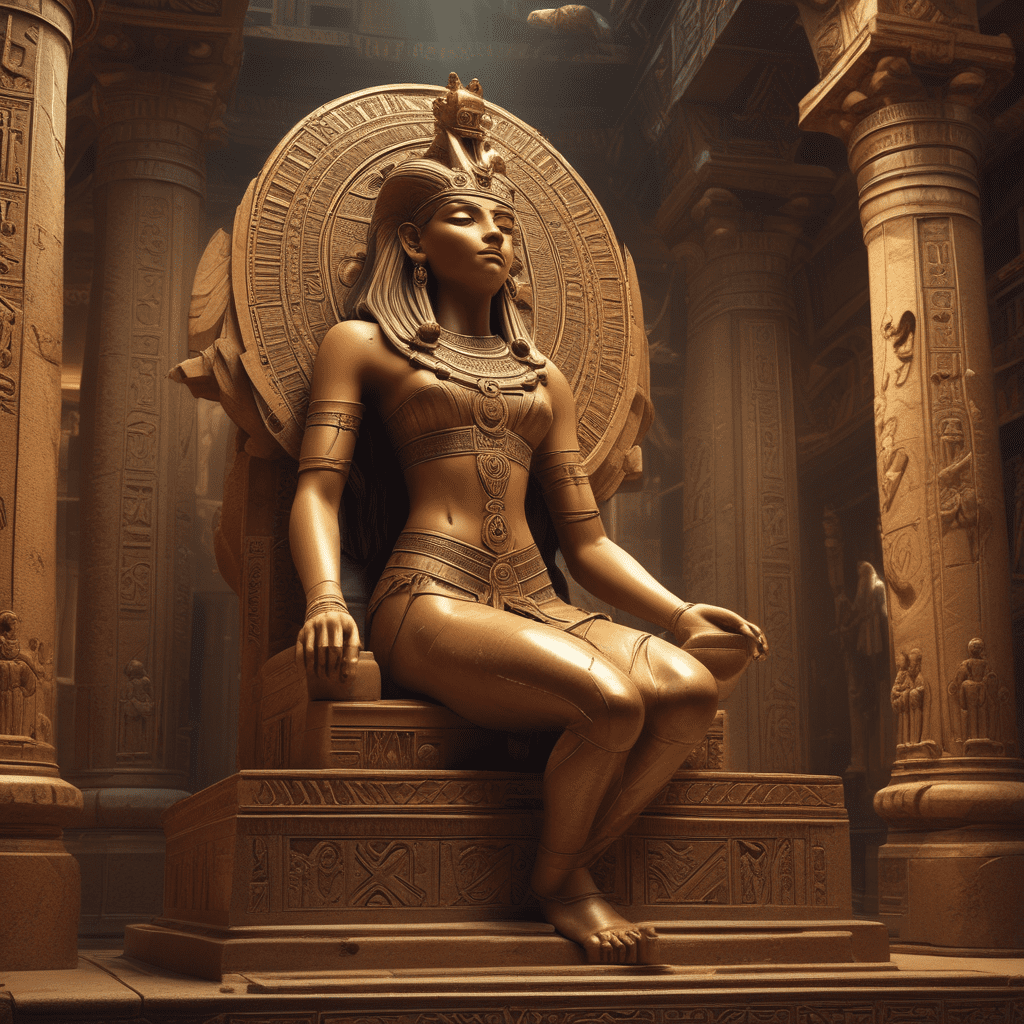The Myth of Creation: How Stories Shape Our Understanding
Introduction to Creation Myths
Creation myths have played a fundamental role in shaping the worldview of various cultures throughout history. These narratives explain the origins of the universe, humanity, and the natural world, serving as a foundation for societal values and beliefs. They are more than just stories; they encapsulate the essence of a culture, providing insights into its people’s thoughts, fears, and aspirations.
The significance of creation myths lies in their ability to offer explanations for the unknown, instilling a sense of belonging and identity among individuals. Storytelling, a practice as old as humanity itself, has been a primary method through which cultures have transmitted knowledge, morals, and history across generations.
The Psychological Impact of Creation Stories
Creation myths have a profound psychological impact on individuals and societies. They help shape personal and collective identities, influencing how people perceive themselves and their place in the world. Through these narratives, individuals find meaning and context for their existence.
Here are some ways in which creation myths influence human psychology:
- Identity Formation: Creation stories often provide a sense of origin, helping individuals understand where they come from.
- Belief Systems: These narratives establish foundational beliefs and values that guide behavior and decision-making.
- Coping Mechanisms: In times of uncertainty, creation stories can offer comfort and a framework for understanding life’s challenges.
A Comparative Analysis of Creation Myths
Creation stories vary widely across cultures, yet many share common themes that reflect universal human concerns. Here, we examine several prominent creation myths:
- Genesis (Judeo-Christian Tradition): The biblical account describes God creating the world in six days and resting on the seventh, emphasizing a divine order to creation.
- Hinduism: The creation myth involves the cosmic being Vishnu, who creates the universe from the primordial waters and divides it into the earth and sky, highlighting themes of balance and cycles.
- Indigenous Narratives: Many Indigenous cultures have rich oral traditions that describe creation through the actions of animals, spirits, or natural phenomena, often emphasizing the interconnectedness of all life.
While these myths differ in details, they often address similar themes such as chaos versus order, the role of a creator, and the relationship between humanity and nature.
The Role of Creation Myths in Societal Structure
Creation myths are not merely tales of origin; they significantly influence societal structures, including social norms, hierarchies, and governance. These stories often reflect and reinforce the values of a society, establishing guidelines for acceptable behavior and community organization.
- Social Norms: Myths provide a moral framework that dictates how individuals should behave toward one another and the environment.
- Hierarchies: Many creation stories establish roles for different members of society, which can lead to stratification based on gender, age, or lineage.
- Law and Governance: Myths often inform legal systems, as they provide a historical precedent for justice and order.
Creation Myths and Scientific Understanding
The relationship between creation myths and scientific theories is complex. While myths offer narrative explanations for the origins of the universe, scientific theories such as the Big Bang and evolutionary biology provide empirical frameworks for understanding natural phenomena.
The tension between these two modes of understanding can lead to conflict, yet they can also coexist. Many individuals find ways to integrate both perspectives into their worldview, allowing for a richer understanding of existence.
The Evolution of Creation Narratives
As societies evolve, so do their creation narratives. Modern interpretations of these myths reflect changes in cultural values, advancements in technology, and the influence of globalization. Contemporary storytellers often reinterpret ancient myths to resonate with modern audiences, addressing current issues such as environmentalism, social justice, and technological advancements.
Examples of this evolution include:
- Reimagined myths in literature that address contemporary ethical dilemmas.
- Films that present traditional stories through a modern lens, making them accessible to new generations.
Creation Myths in Popular Culture
Creation stories have permeated popular culture, influencing literature, film, and media. These representations shape public perception and understanding of cultural narratives, often simplifying complex themes for mass consumption.
Key examples include:
- Literature: Novels often weave creation myths into their narratives, exploring themes of origin and identity.
- Film: Movies depict creation stories, such as animated films that reinterpret mythological characters and events.
These portrayals can significantly impact how individuals view their own cultural narratives, often leading to a resurgence of interest in traditional stories.
The Function of Creation Myths in Personal Narratives
On a personal level, individuals create their own ‘creation stories’ to make sense of their experiences and identities. These narratives often serve as a tool for self-reflection and personal development.
The therapeutic potential of storytelling is profound, as it allows individuals to:
- Process trauma and grief through narrative construction.
- Establish a sense of continuity and purpose in their lives.
- Connect with others through shared experiences and stories.
Challenges and Critiques of Creation Myths
Despite their importance, creation myths face challenges and critiques, particularly from postmodern and existential perspectives. Critics argue that these myths can oversimplify complex realities and may perpetuate outdated beliefs.
Some limitations include:
- Reductionism: Creation myths may reduce the complexity of existence to simplistic narratives.
- Exclusivity: Certain myths may marginalize alternative viewpoints or cultures.
Conclusion: The Enduring Power of Creation Stories
Creation myths remain relevant in contemporary society, continuing to shape our collective understanding of existence and purpose. They reflect the human need for connection, meaning, and identity, demonstrating the enduring power of storytelling.
As we navigate the complexities of modern life, the stories we tell about our origins and existence will continue to inform our beliefs, values, and aspirations, reminding us of our shared humanity.



